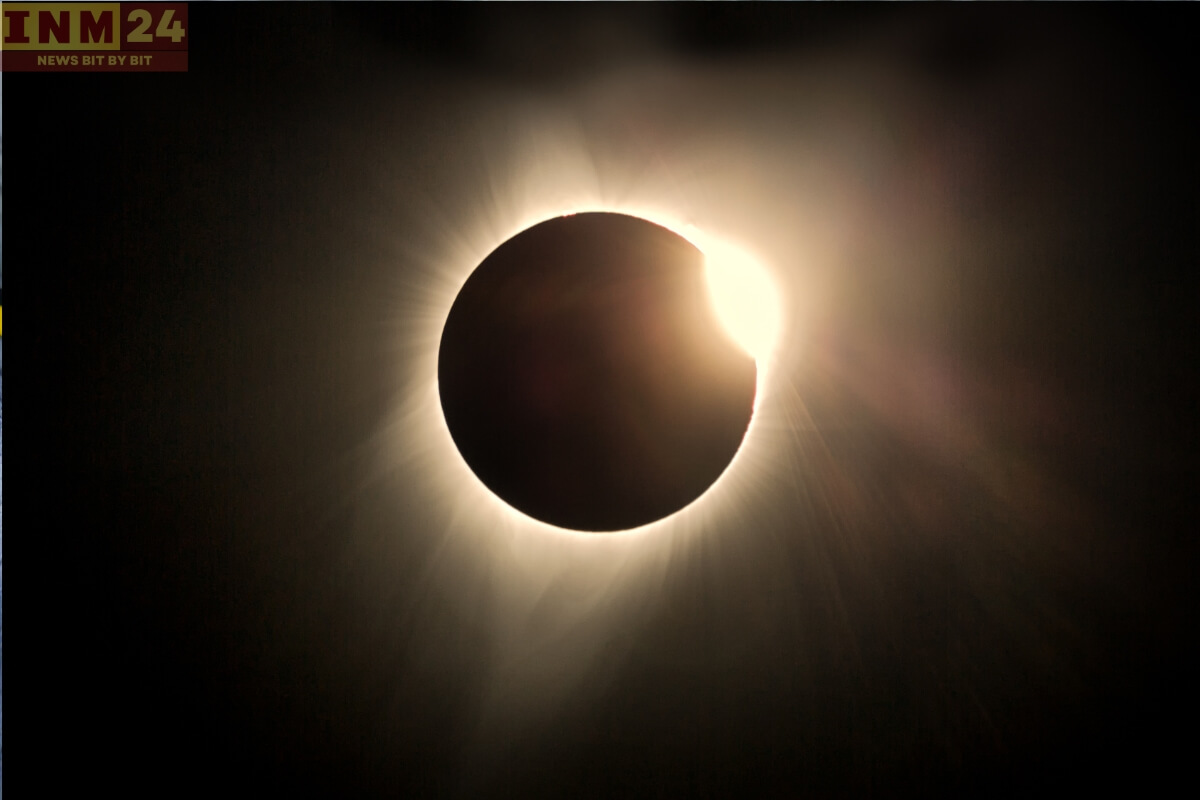The celestial dance of the cosmos occasionally treats us to extraordinary events, and one such phenomenon is the total solar eclipse. In April, sky gazers and astronomers around the world are in for a rare treat as a total solar eclipse graces the skies. What makes this event even more special is that such an eclipse in April won’t recur for another 126 years.
April 2024 Total Solar Eclipse: An Awe-Inspiring Spectacle
Scheduled for April 2024, this rare total solar eclipse promises to captivate observers with its awe-inspiring spectacle. During a total solar eclipse, the moon passes between the Earth and the Sun, casting a shadow on the Earth’s surface and momentarily blocking out the Sun’s light. This creates a surreal experience as day turns into night, and the sky takes on an otherworldly hue.
What sets this particular total solar eclipse apart is its occurrence in April. While solar eclipses are relatively common, they typically occur in different months each year. An April eclipse is a rarity, and the next one won’t grace the skies for over a century. This makes the upcoming event a once-in-a-lifetime opportunity for sky watchers and astronomers alike.
Total solar eclipses have fascinated humanity for centuries, inspiring awe, wonder, and even fear. Ancient civilizations often interpreted eclipses as omens or celestial events of great significance. Today, eclipses continue to evoke a sense of wonder and curiosity, prompting people to gather in anticipation of this cosmic spectacle.
Witnessing the Ethereal Beauty of the Sun’s Corona During Total Solar Eclipses
During a total solar eclipse, observers within the path of totality – the narrow band where the Sun is completely obscured by the moon – can witness the ethereal beauty of the Sun’s corona, the outer atmosphere that becomes visible during the eclipse. This fleeting glimpse of the corona provides scientists with valuable insights into the Sun’s structure, dynamics, and behavior.
As with any celestial event, viewing a total solar eclipse requires proper precautions to ensure safety. Observers should never look directly at the Sun without appropriate eye protection, as this can cause permanent damage to the eyes. Specialized solar viewing glasses or solar filters for telescopes and cameras are essential for safe viewing.
In addition to providing a breathtaking spectacle for sky watchers, total solar eclipses also serve as valuable opportunities for scientific research. Astronomers use eclipses to study the Sun’s corona, measure its temperature and composition, and investigate solar phenomena such as solar flares and prominences.
The upcoming rare total solar eclipse in April promises to be an unforgettable event for sky gazers and astronomers alike. With its stunning display of celestial beauty and its significance in scientific research, this eclipse serves as a reminder of the majesty and mystery of the cosmos. As we marvel at the wonders of the universe, let us cherish this rare celestial event and look forward to the next one in over a century’s time.
